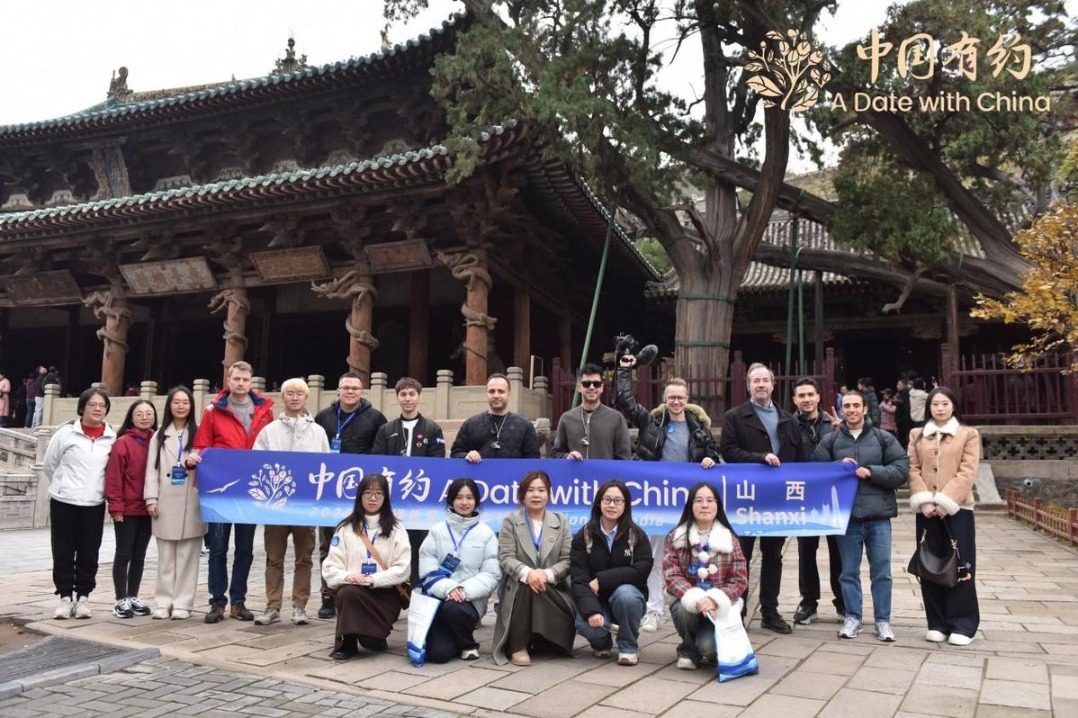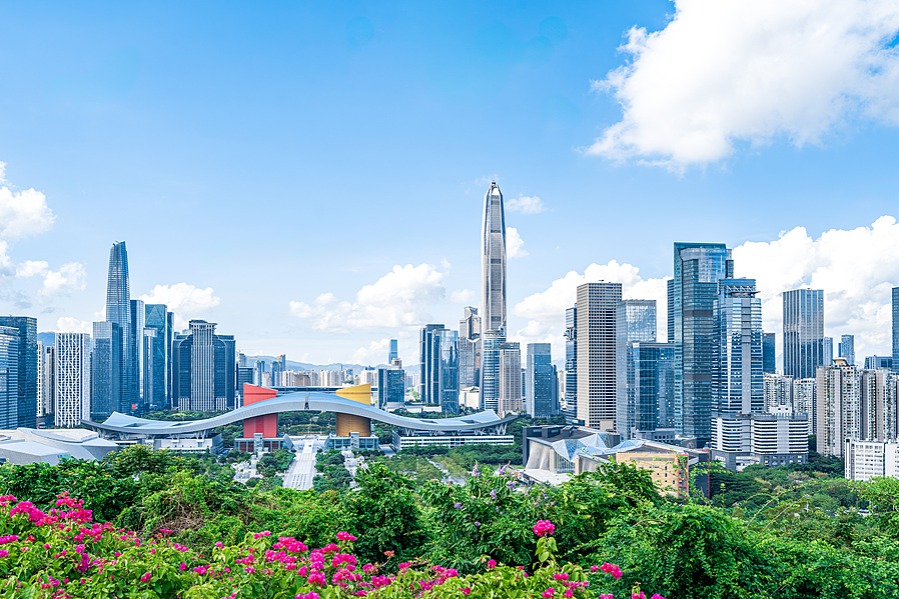Proper planning and policies needed to revive tourism industry

The novel coronavirus pandemic has had such a huge impact on the global economy that for the first time developed countries, emerging economies as well as developing countries are facing recession, perhaps the worst since the Great Depression.
In particular, the tourism industry, which thrives based on the free global movement of people, faces unprecedented challenges. The drastic reduction in tourist numbers across the world has forced many tourist agencies to shut shop, greatly undermining global consumption. Even after the pandemic is contained, tourism, especially international tourism, will need a long time to recover as people in general will likely be reluctant to travel due to health and safety concerns. In fact, the World Tourism Organization has said global tourism is facing the most serious crisis since 1950.
Even the domestic tourism industry is facing the most serious crisis since the launch of reform and opening-up, although the domestic tourism market has been gradually recovering since the May Day holiday and the virtual containment of the virus in China. Still, in the near future, the authorities need to take multiple measures to boost the healthy development of the tourism industry.
First, to help the domestic tourism industry to fully recover, the authorities should strike the right balance between epidemic prevention and control work and tourism promotion. They should use advanced information and communications technology including big data to analyze the actual situation and then take appropriate measures to boost tourism, while warning tourists about the risks the pandemic still poses. They should also issue different guidelines for resuming tourism operations in different regions according to the actual situation.
Second, post-epidemic tourism norms should be tailored to meet people's new, varied demands, because the coronavirus outbreak has changed tourists' behaviors, and people's risk-consciousness has increased substantially. To safeguard their and their families' health, people want better sanitary and health conditions, and improved plans to deal with emergencies at tourist sites.
Therefore, tourist sites should provide better targeted services, especially in terms of epidemic prevention and control, to meet tourists' demands in the post-epidemic era. They should also promote high-quality, low-density short trips, and hotels and restaurants should offer better accommodation and catering services and improve their hygiene and sanitary conditions.
Third, there is a need to adjust the development strategy for domestic tourism, inbound tourism as well as outbound tourism according to the actual epidemic situation at home and abroad. Since international tourism is not expected to return to normal any time soon, the authorities should focus on expanding the domestic tourism market, by better meeting tourists' demands and improving tourism services. They could, for instance, expand duty-free shopping facilities and take measures to boost cross-border e-commerce, in order to encourage potential outbound tourists to enjoy the domestic tourism circuit.
Fourth, relevant government departments should promote a new round of reform and opening-up in the tourism industry to boost domestic tourism and thus facilitate overall economic growth. The coronavirus pandemic has created great challenges for China at a time when it has reached the crucial stage in its pursuit of high-quality development. Promotion of a new round of reform in the tourism industry is not only necessary to cope with the impact of the epidemic but also essential to achieve overall high-quality development.
It is incumbent upon the authorities to introduce further reforms in the tourism industry, including investment system reform and performance evaluation reform. They should also combine tourism sector reform and further opening-up with other significant reforms and strategies such as the Belt and Road Initiative and free trade zone construction.
And fifth, the impact of the pandemic on different economic and social sectors will be long-term and massive, so the authorities have to adjust the development model for the tourism industry. And as the source of the largest number of outbound tourists in the world and an important destination for foreign tourists, China should take into full consideration the effects of the pandemic while finalizing the 14th Five-Year Plan (2021-25) and work out effective policies to cope with them.
The views don't necessarily represent those of China Daily.
The author is director of Tourism Research Center, Chinese Academy of Social Sciences.
Today's Top News
- China files fresh protest with Japan over PM's remarks
- Scholar clears misconception of Taiwan under Japanese rule
- Xi urges breaking new ground in advancing rule of law in China
- Dutch govt urged to mend chip dispute
- Macao's heritage sites hold special appeal for games
- China tackles N2O emissions, leading change






























